Over the past hundred years, the medical industry has made huge technological leaps. Ultrasounds, stents, stem cell treatments: a lot of progress has been made in the way of helping humanity. But what's next? What technologies could change the world of healthcare and medicine? Well, here are some that could become the norm in the not-so-distant future.
1. Brain-Computer Interfaces
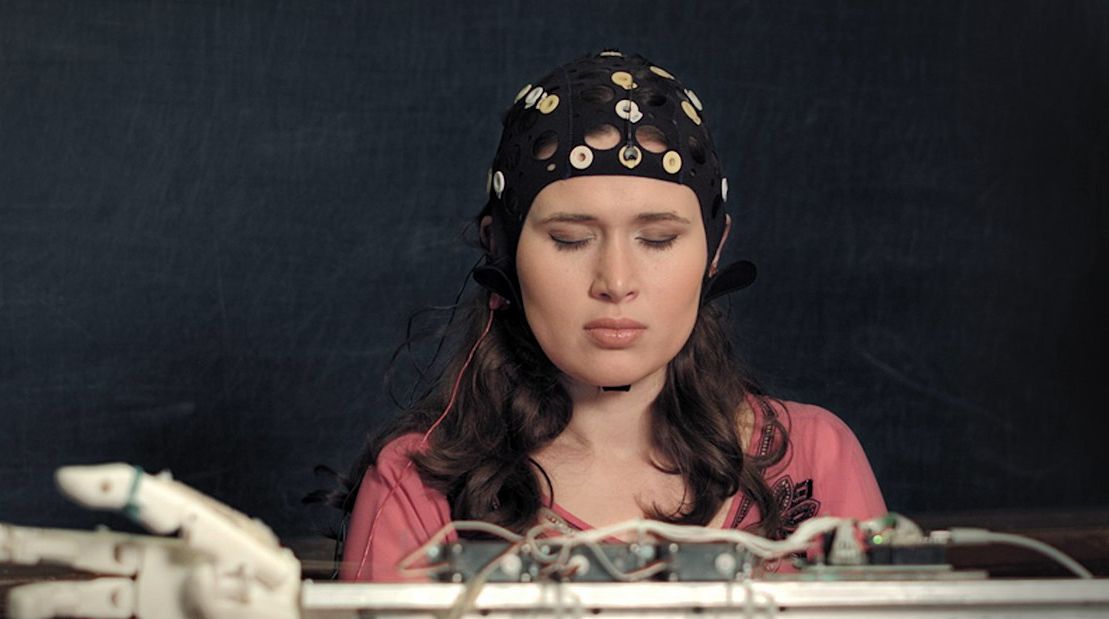
A brain-computer interface (BCI) is a device that can analyze a person's brain signals and translate them into specific neurological demands. These demands are then received by outputs that perform functions based on what signals are sent. Essentially, a BCI uses brain signals to control electronic or robotic devices.
So, how can this technology help in the medical field? Well, BCIs can help those suffering from neurological conditions, such as cerebral palsy. Many neurological conditions can take away a person's ability to walk normally, severely affecting their day-to-day lives. With the use of a BCI, patients suffering from such conditions can undergo rehabilitation, giving them the ability to do things their disease had previously taken away.
A lot is required for a BCI to work, including hardware for signal acquisition, feature extraction, and feature translation, all of which are needed to collect and send signals from the brain to the output devices. There are also many different types of BCIs, including invasive, semi-invasive, and non-invasive. Though this may all sound a little complicated, the bottom line is that BCIs could soon massively improve the lives of thousands of people living with debilitating neurological conditions.
2. Bionic Eyes
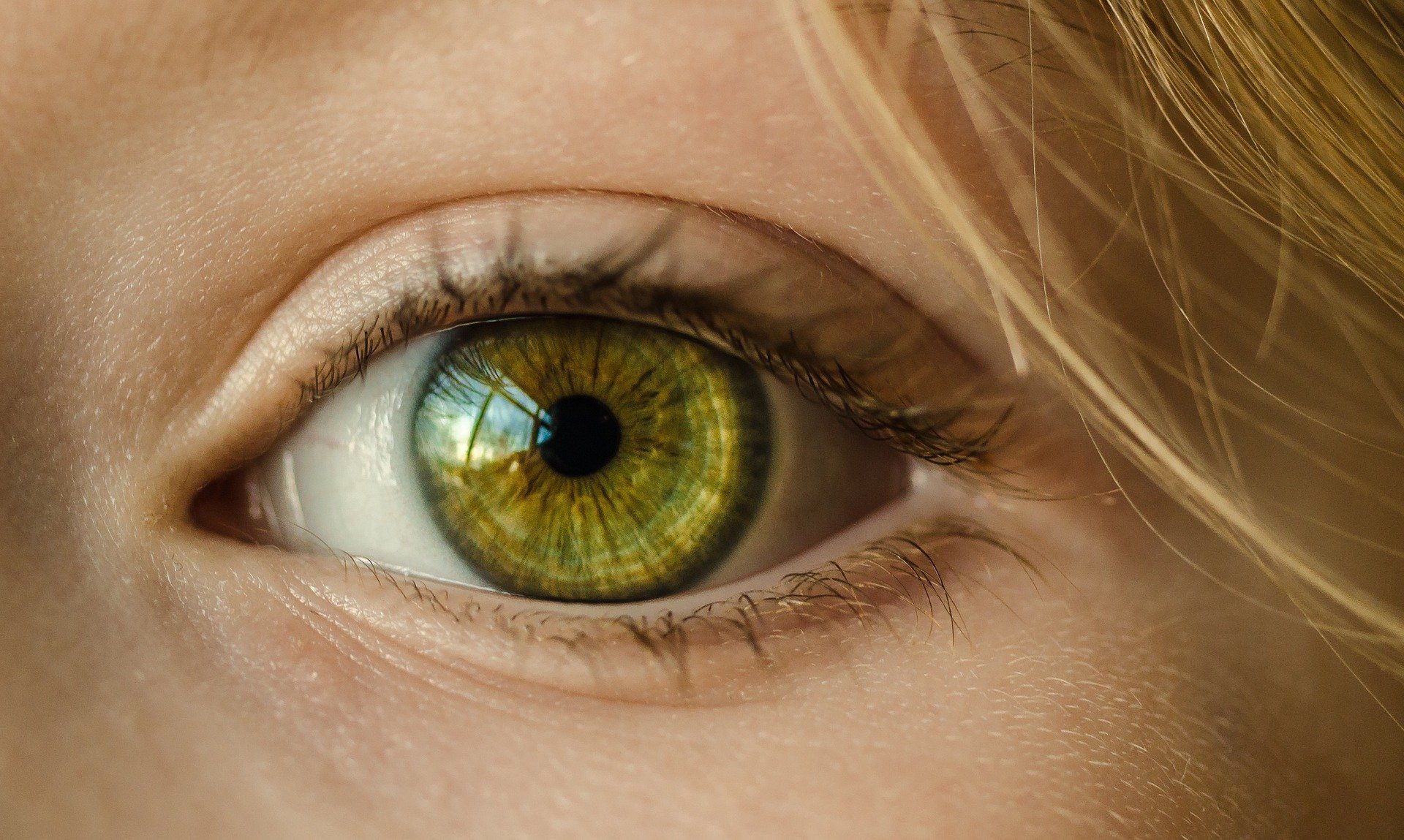
Bionic eyes may sound a little sci-fi, but major developments are taking place in the field of robotic body parts right now. Around the world, millions of people suffer from poor eyesight and blindness. Bionic eyes can be used to help these people regain their vision.
But these eyes won't work just like human eyes. In fact, bionic eyes can provide a quality of eyesight drastically higher than that of human eyes. Bionic eyes are also known as visual prostheses and work by allowing the transduction of light. This essentially allows light to be translated in the human brain to process and understand what they are seeing.
For people who have suffered from retinal damage, bionic eyes could be totally life-changing. Even on a basic level, the ability to see again could allow one to become more able and independent again. Pretty incredible stuff!
3. 3D Printing Organs
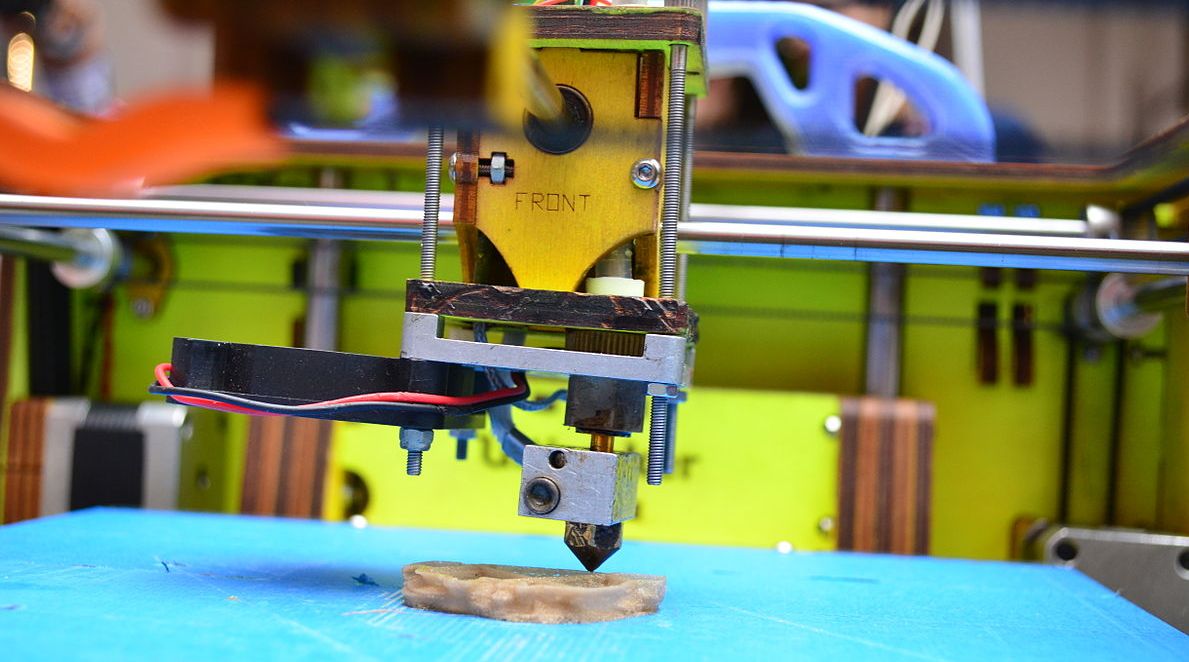
You've probably heard of the 3D printer. This device can produce three-dimensional objects using a method known as fused depositional modeling (FDM), which involves building up layers one at a time until you eventually have a 3D sculpture.
While 3D printers are already available to buy, their application is now being considered in the medical field. With organ shortages a huge issue worldwide, and patients having to wait years for a donor, 3D printing could make organs widely available to those in need. Though organs cannot yet be perfectly printed, it certainly is a promising technology given their complexity. But how will it work?
The hope is that 3D printing organs will avoid the risk of rejection. When a patient receives a regular organ transplant, there is a chance that their body will not recognize the new organ and therefore reject it. This can, unfortunately, be fatal. However, a 3D-printed organ would consist of cells from a patient's immune system, which their body can recognize. A lot of lives could be saved with this technology if scientists can perfect it.
4. Pocket-Sized Ultrasound Machines
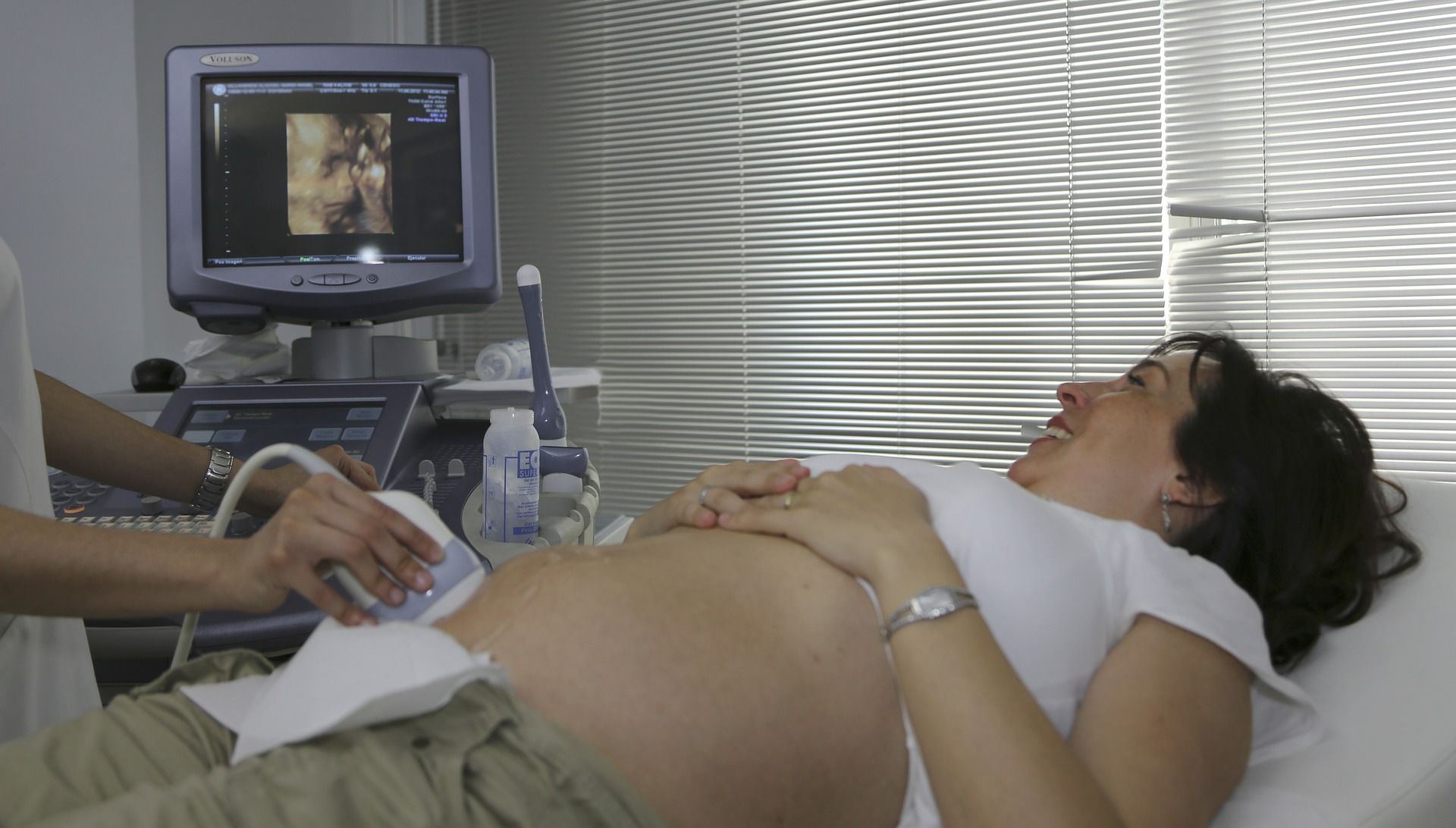
At the moment, one needs to visit the doctor to get an ultrasound scan. Though this may seem pretty normal to most of us, millions around the world don't have access to ultrasound scanning. This is where pocket-sized ultrasound machines could prove helpful.
Pocket-sized ultrasounds are already a medical success, with some companies having already developed effective versions. One American company named Butterfly successfully developed a pocket-sized ultrasound device in 2019. This device replaces traditionally used piezo crystals used in larger systems with a single silicon chip and plugs into an iPhone to provide a display.
With these smaller ultrasound machines, thousands of people could have the ability to identify conditions and diseases early on, allowing for effective treatment before things get serious.
5. Robotic Exoskeletons
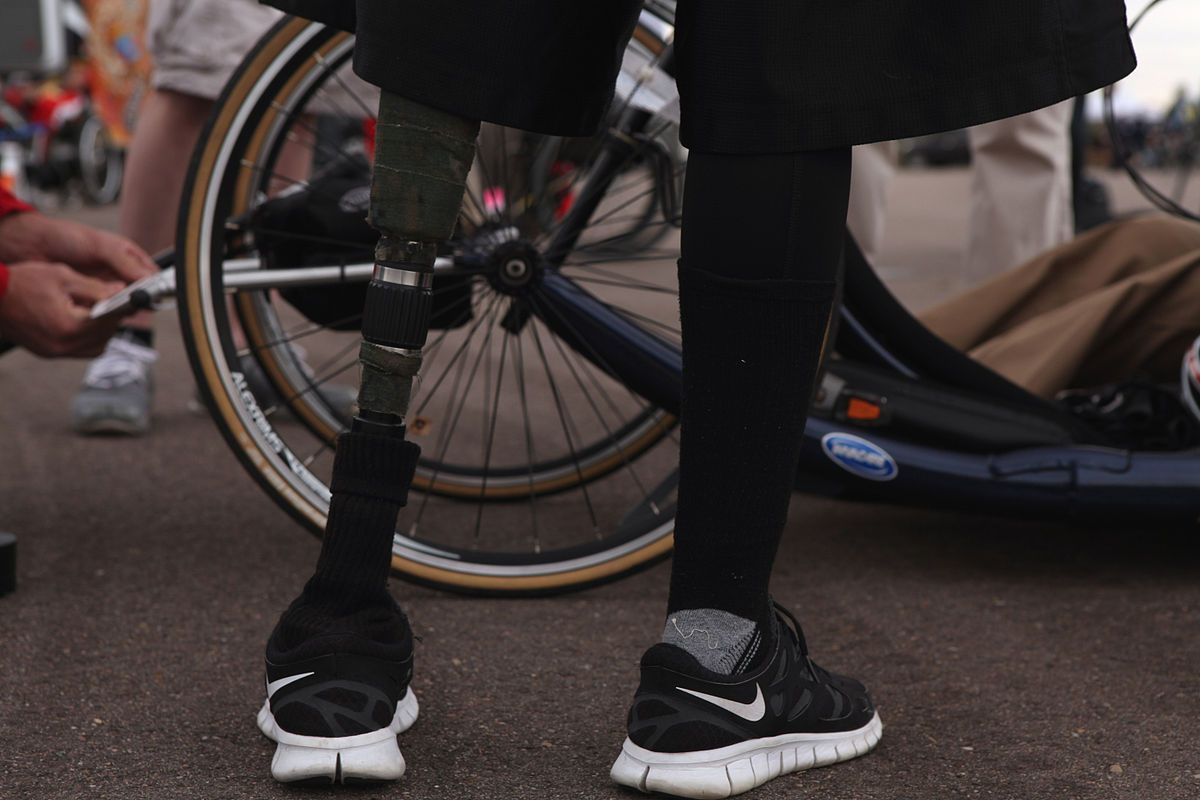
Robotic exoskeletons, also known as step rehabilitation robots, can give paralyzed patients the ability to walk again. These exoskeletons consist of a frame that surrounds a patient's body. The exoskeleton can then provide electronic hip and knee movement, potentially allowing the patient to walk effectively.
This technology isn't yet widespread, but it has been tested successfully on a few patients. In 2019, a paraplegic man was given the ability to move again using a brain-controlled exoskeleton. The device acquired and translated brain signals that allowed the man to perform basic movements, a huge step for those rendered immobile.
Though the man wasn't able to walk with this exoskeleton, walking could indeed become a possibility with a few more years of research and development, which could massively improve the lives of those who can no longer live independently.
6. Virtual Doctor's Appointments

With doctors' surgeries being overwhelmed with appointments and patient demand only increasing, it makes sense that people should be able to access medical advice from home. During the COVID-19 pandemic, doctors began conducting appointments over the phone and over video-call. Though lockdowns are easing in many countries, the convenience of virtual appointments can't be denied.
Given that we already have the technology for virtual doctor's appointments, it makes sense that some companies are already offering such a service. US healthcare companies, such as American Well and Novant Health, provide virtual medical consultations for patients, making the whole process of visiting the doctor drastically easier for those who don't require examination.
What's more, virtual doctor's appointments could make things a little easier for doctors, too. So parties on both ends can benefit!
How Will Healthcare Change In the Future?
With such exciting technologies already becoming a reality, there's no knowing what kinds of amazing medical technologies we will see over the next ten or twenty years. Some day in the future, illnesses that we consider life-threatening now might become no more worrying than the common cold. With technology, anything is possible!